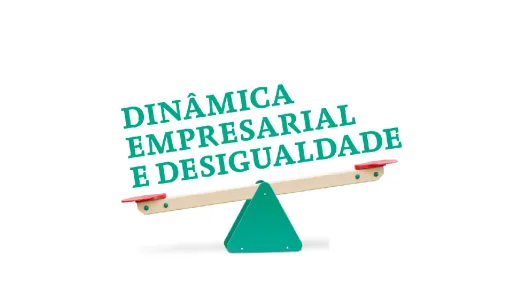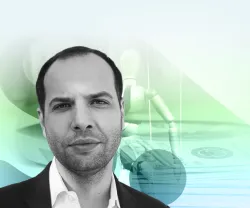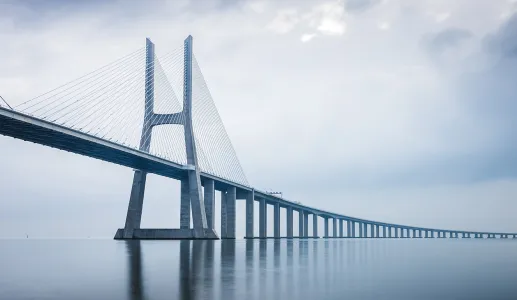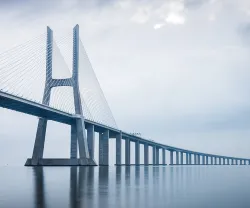
Business dynamics and inequality
The last few decades have seen a significant increase in entrepreneurship and the proportion of small businesses in developed economies, including Portugal. The importance attributed to entrepreneurship as a driver of economic development has led public policies in the European Union to place increasing emphasis on the creation of new companies.
In parallel with the increase in entrepreneurship and the proliferation of the creative classes, several analyses have noted a trend towards increased income inequality, particularly in terms of labour income. Specifically, there are more and more workers with higher salaries and, at the same time, workers with lower salaries, while the proportion of workers on median salaries is decreasing.
The main aim of this study by Fundação Francisco Manuel dos Santos is to analyse the relationship between entrepreneurship (the creation of new companies) and wage inequality in Portugal, highlighting the role of the regional distribution of people dedicated to creative professions. The aim is to identify the characteristics of local labour markets and entrepreneurship that lead different regions to record different levels of wage inequality. In particular, the aim is to determine:
- whether the increase in wage inequality is associated with an increase in the proportion of workers with higher salaries and, at the same time, an increase in the proportion of workers with lower salaries;
- whether higher rates of entrepreneurship are associated with higher levels of wage inequality;
- whether the increase in wage inequality is associated with growth in the proportion of workers in creative professions;
- whether wage inequality varies according to the size and diversity of the labour market in different regions.
Through this study, Fundação Francisco Manuel dos Santos once again seeks to contribute to a more in-depth understanding of the reality of Portuguese society and thus enable more informed public and political debate on decisive issues for the common future of the Portuguese.











